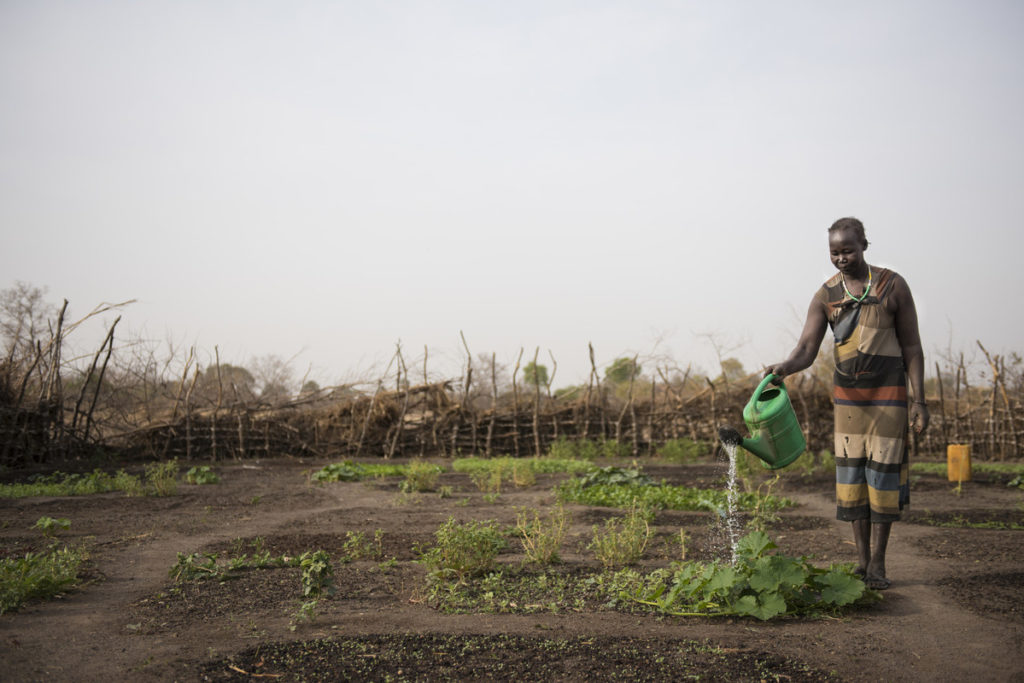Humanitarian Aid
How COVID-19 Puts Children at Greater Risk of Trafficking and Child Marriage

This article contains advertorial content provided by World Concern for promotional purposes.
We’re all painfully aware of the impact the COVID-19 crisis has had on families, jobs, small businesses, the economy, and nearly every aspect of our lives. The long-term impact and ripple effect of the pandemic could be devastating for years.
The impact is even greater on the world’s poorest families and on those whose lives are already a struggle.
For us, grocery stores have remained open and the supply chain functioning. Not so in the developing world. Imagine if your only source of income and food was a market where you could sell a goat or other livestock to pay for necessities like food, water, and medicine. At the height of the pandemic, local markets shut down in an effort to stop the spread of the deadly Coronavirus.
“People are not scared of the virus, they’re scared of not having food,” explained one World Concern program manager.
Now imagine you’re in this situation and you hear of a way to earn money in a city across the border. Someone told you there are jobs there. Your teenage daughter is healthy and strong and can make the journey. So you let her go… not knowing she’ll be sold as a slave into the sex industry.
Or, imagine a wealthier family offers to take your little girl into their home and pay for her living expenses if she’ll marry their son.
With schools closed in some of the poorest places, young boys are put to work to help support their families, and young girls are being married off. Girls who are in school are six times less likely to be married before their 18th birthday. The pandemic shut schools down across the globe. Sadly, many of those girls will not be returning to the classroom when schools reopen.
People who are hungry will do desperate things.
A crisis like this one that destroys already fragile economies and infrastructures puts those who are vulnerable to crimes like human trafficking, child marriage, abuse and exploitation, at even greater risk.
World Concern’s model of community empowerment is effective in a crisis like this, as we’re able to incorporate COVID-19 messages and hygiene promotion within our community-based programs, such as care groups, nutrition programs, savings groups, and child protection programs.
Our long-term village development work is also proving to be vital in sustaining families and communities during this unique crisis. As families have learned to diversify their livelihoods and sources of income in preparation for crises, and to grow their own vegetables and sustainable crops, they are better able to survive.

Parents who have received vital training and information on the dangers of trafficking and the harmful effects of child marriage are able to lean on that knowledge now more than ever, and avoid these risks, even in desperate times like this.
All the work that has been done—and is being done—in remote villages, crowded urban slums, and hard places beyond the end of the road, with the help of our supporters, is proving powerful and effective through crisis.
If you’re interested in helping protect the most vulnerable girls and boys from the increased danger they now face with COVID-19 and economic impacts in their communities, consider walking or running on May 8 in the 2021 Virtual Free Them 5k to stop child trafficking. Sign up here: www.freethem5k.org